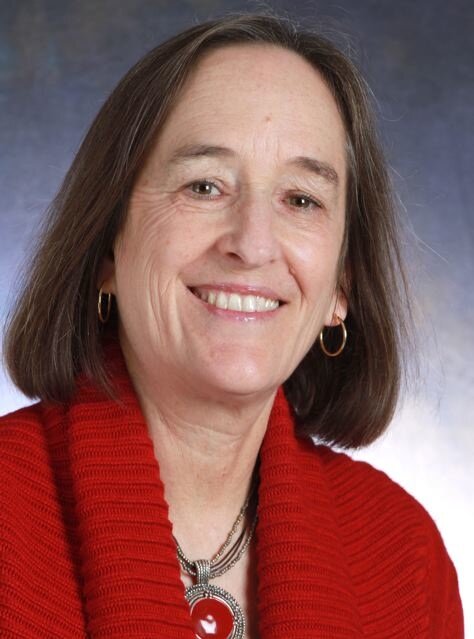One Good Question with Ellen Moir: What's Trust Got to Do With It?
This post is part of a series of interviews with international educators, policy makers, and leaders titled “One Good Question.” These interviews provide answers to my One Good Question and uncover new questions about education’s impact on the future.
"In what ways do our investments in education reveal our beliefs about the next generation’s role in the world?”
First, let us acknowledge the world that we thought our kids would inherit. We are finally getting out of the past, in which we designed our schools to train kids to grow up and work in factories. We are finally investing in preparing kids for the future (or, at least as far as we can envision it)—a future society and economy that requires meaningful connection, trusting relationships, and creativity to solve the increasingly complex problems we’ll face.In some ways, we’re trying to hold tight to the reins of defining what the next generation’s role will be. We’re trying to define it by applying our current frameworks, e.g., what our current jobs, economy, relationships, and geopolitical context look like. In reality, though, we can’t really define it for this generation. They’ll define it themselves. They’re already starting to do that by pushing our (adults’) thinking on how people learn, how people form meaningful connections with each other, and what innovation and social change looks like. Teachers are shifting their practice to meet the needs of this generation. What if we shifted what schools looked like to better meet those needs, too?We’re preparing kids to grapple with complex problems by investing in teachers who can build their critical thinking and empathy skills. Investing in those teachers mean personalized, 1:1, on-the-job support, etc. Essentially, we're teaching teachers now how to engage in trusting relationships and creative problem solving in their practice, so that they can authentically bring those experiences to life in the classroom.
“In your recent talk at the US Education Learning Forum, you spoke passionately about trust at the center of effective teacher feedback and that the complexity in improving teaching is not the "what" but more of the "why" and "how." How do you link trust with the “why” and “how” for more effective teaching?”
Trust is an essential component of the how. Building trusting relationships between new teachers and their mentors (or helping new principals build trusting relationships with their teachers) is critical in order for any of our other work to happen.We build trust by starting from a place of respect, assuming positive presuppositions, and remembering that we all share a common goal: to ensure that our students receive the best education possible. When we mentor new teachers, one of the first things we work with them on is creating a safe and positive learning environment. For teachers, building trust with their students is critical in creating a learning environment in which students respect one another and are willing to take risks in order to learn and grow.Ultimately, our work is not about telling new teachers what to teach. It’s about coaching each new teacher to find their best way to reach all students. And, teacher development needs to be contextualized and tied to student learning outcomes. In a trusting community of practice we can provide rich feedback that supports helping each teacher move up the learning line.
Ellen’s One Good Question: If the most critical student competencies for the future are about addressing complex problems with diverse populations, how can we better prepare teachers to do the same?
Ellen Moir is Founder and Chief Executive Officer of the New Teacher Center (NTC), a national organization dedicated to improving student learning by accelerating the effectiveness of new teachers and school leaders. She is recognized as a passionate advocate for our nation’s newest teachers and for the students they teach.
